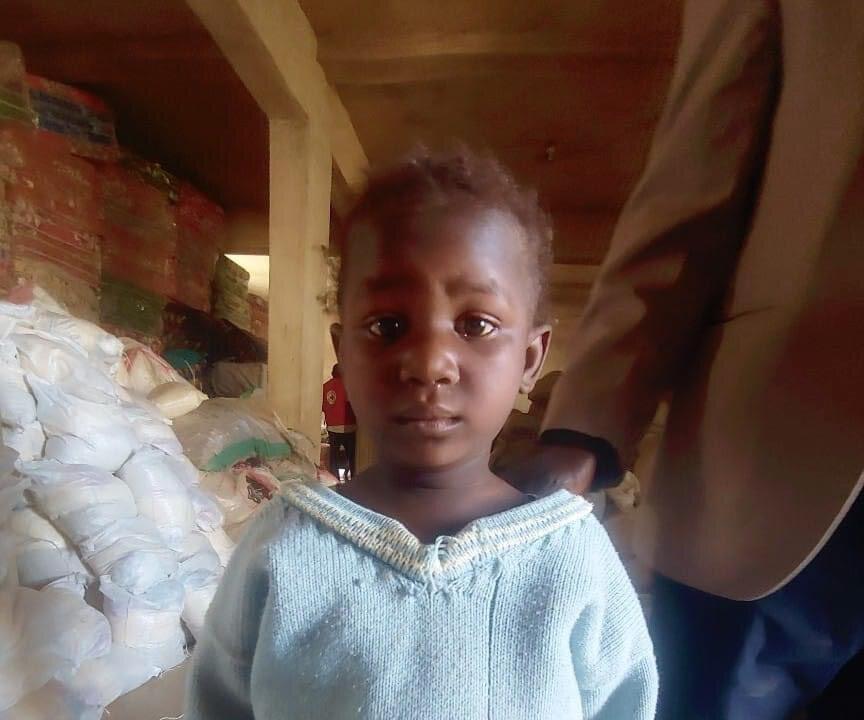JOS, Nigeria—A wave of terrorist attacks following Nigeria’s presidential elections has terrified Christians and renewed concern about an Islamic caliphate in Africa’s most populous nation.
At least 1,041 Christians have been killed across the country since January by Islamic extremists, according to Emeka Umeagbalasi, a respected criminologist and genocide researcher who is chairman of the International Society for Civil Liberties and Rule of Law (Intersociety), an organization that tracks and reports genocide in Nigeria.





